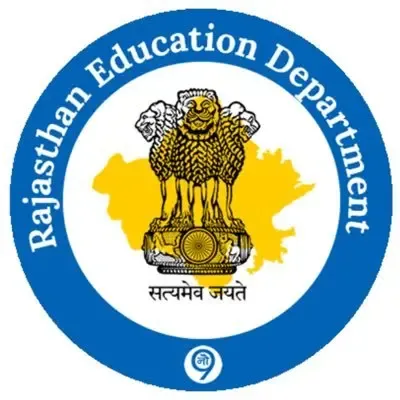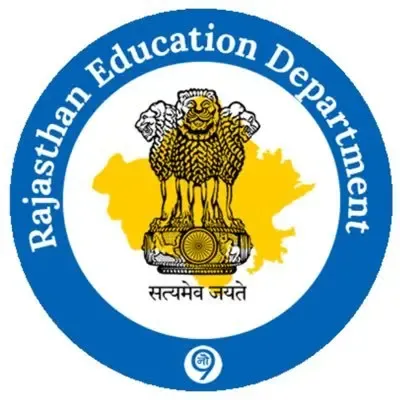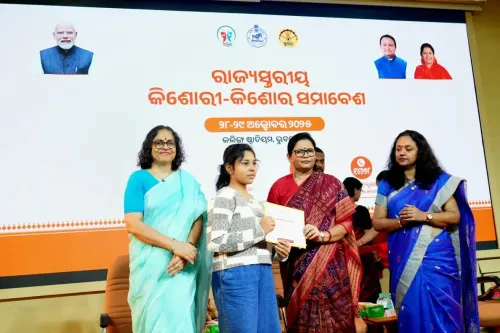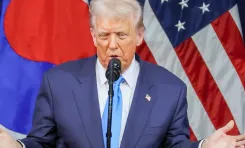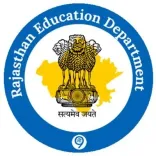Gujarat Government Enforces ESMA on Health Workers' Strike
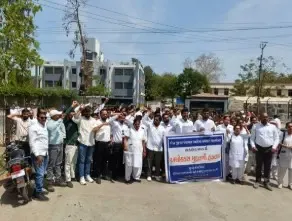
Synopsis
Key Takeaways
- The strike was initiated due to unresolved grievances.
- Health services are now classified as essential under ESMA.
- Fixed-pay employees could face termination for participating in the strike.
- Protests have been widespread across the state.
- Similar demonstrations have occurred previously in various locations.
Gandhinagar, March 20 (NationPress) The health workforce in Gujarat has initiated an indefinite strike, seeking resolution to their longstanding grievances.
On March 18, in Botad, health personnel presented a memorandum to the District Collector, underscoring their demand for justice.
They cautioned that if their requests are not addressed, the union would escalate their actions.
In reaction, the state government has made a significant move.
On Wednesday, the Gujarat government invoked the Essential Services Maintenance Act (ESMA) against the health workers on strike.
This legislation classifies health services as essential, implying that employees who refuse to return to their duties may face serious penalties.
The state has indicated that fixed-pay employees engaged in the strike risk termination.
It is worth mentioning that essential services such as the police and energy sectors are already governed by ESMA.
The striking workers, including Multi-Purpose Health Workers, Female Health Workers, and other medical personnel, are advocating for the cancellation of departmental exams, rectification of salary disparities, and the introduction of technical grade pay.
Their protest has escalated, marked by gatherings and demonstrations throughout Gujarat.
This is not the first instance of such protests; earlier demonstrations occurred in Khambhaliya, Dwarka, where employees submitted a memorandum to the Collector's Office.
In Gandhinagar, protests took place near the Satyagraha Chhavani.
Despite multiple appeals, health workers feel their issues have been overlooked, prompting them to take drastic measures.
As the strike persists, the state government and the protesting workers remain at an impasse.
The upcoming days will be critical in determining whether a resolution can be achieved or if the standoff escalates further.
The Gujarat Essential Services Maintenance Act (ESMA) of 1972 is designed to guarantee the continuous provision of essential services within the state.
Under this Act, the government holds the power to prohibit strikes in services recognized as essential for public welfare.
The Act characterizes "essential services" to encompass all employment under the state government, including officers and employees of the State Legislature Secretariat and the High Court.
Moreover, any employment deemed vital for maintaining public utility services, public safety, or essential supplies can be designated as an essential service through official notification.
When the state government considers it necessary for public interest, it can issue commands to prevent strikes in these essential services.
Such directives are disseminated in a manner intended to effectively inform the impacted individuals.

